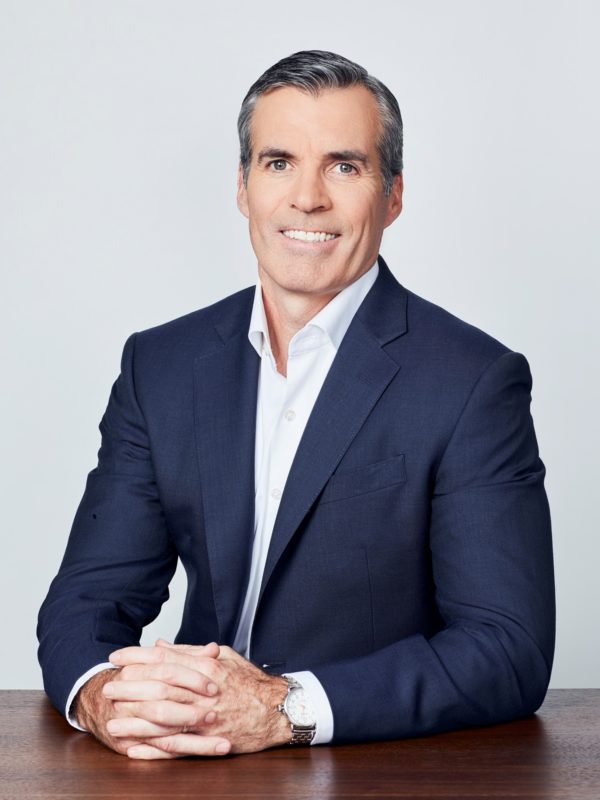

When the Covid-19 crisis disrupted life as we know it, there was an immediate, reflexive response from Congress. What can and will the government do? The federal government subsequently coordinated some of the largest government spending and relief packages since the mobilization of capital during World War II. During a time of great crisis, trillions in government dollars now fuels the government response to a once-in-a-century pandemic.
Next up: the charitable sector. The economic fallout from Covid-19 resulted in long lines at food banks and put pressure on local charities whose work ranges from providing housing to child services and medical care. However, while some philanthropic organizations and charities moved resources to those who needed them most, hundreds of billions of dollars designated for charity did not. Instead these dollars were warehoused away from working charities as a result of outdated tax rules. So, while the current regulations provided tax benefits to foundations and other big charities, a gulf remained between much needed charitable dollars and the working charities in local communities across the country.
As with any law or regulation in dire need of reform, good intentions are being overrun by an inefficient approach.
It’s this need for reform during a time of crisis that provides both government and philanthropy an opportunity for transformation. Government can use this time to modernize its approach to both public health and regulatory structures. Philanthropy, similarly, can embrace new ways to mobilize charitable dollars more effectively and toward greater impact. This crisis has made it clear that government spending cannot be the singular approach to managing the country through a major crisis.
A broad cross-section of philanthropic leaders and working charities have embraced this need for transformation. The Initiative to Accelerate Charitable Giving (IACG) was founded on the belief that reforming the incentives or charitable giving laws can and will ultimately result in more Americans benefitting from charities through increased resources and a more direct impact in the community where they live.
The data is on the side of the reformers. While direct giving to charity as a share of income has flat-lined in the past five years, contributions to private foundations and donor-advised funds (DAFs) have grown to approximately 25 percent of all donations from individuals. More than $1 trillion currently sits in private foundations and at least $140 billion in DAFs.
Under current law, these funds can sit in perpetuity with no requirement they be distributed to working charities. Yet, the donors enjoyed the tax break immediately. The need for reform is obvious and the proposed reforms straightforward and direct:
- Ensure more impactful distributions from private foundations by incentivizing greater payout through reforms to the excise tax;
- Ensure DAF accounts are distributed to working charities within a reasonable period of time; and
- Incentivize greater giving by individuals who don’t currently benefit from charitable exemptions by extending the new non-itemizer charitable deduction in a cost-effective way.
Every reform effort must, of course, confront and persuade those in favor of maintaining the status quo. During a time of active government spending and stimulus, it is to be expected that there will be some organizations unwilling to adapt and answer the call for transformation.
Momentum, however, is on the side of the reformers. The IACG believes, especially for lawmakers considering the issue, the threshold question is as straightforward and direct as the proposed solutions: how do we ensure that charitable organizations feeding, clothing and assisting our most vulnerable can get more of the resources they need? Similarly, the roundtable of opponents to these reforms will eventually realize the reforms are designed in concert with the community charities, their leaders and the important impact they have across the country.
Kevin Madden is Executive Vice President of Advocacy at Arnold Ventures
